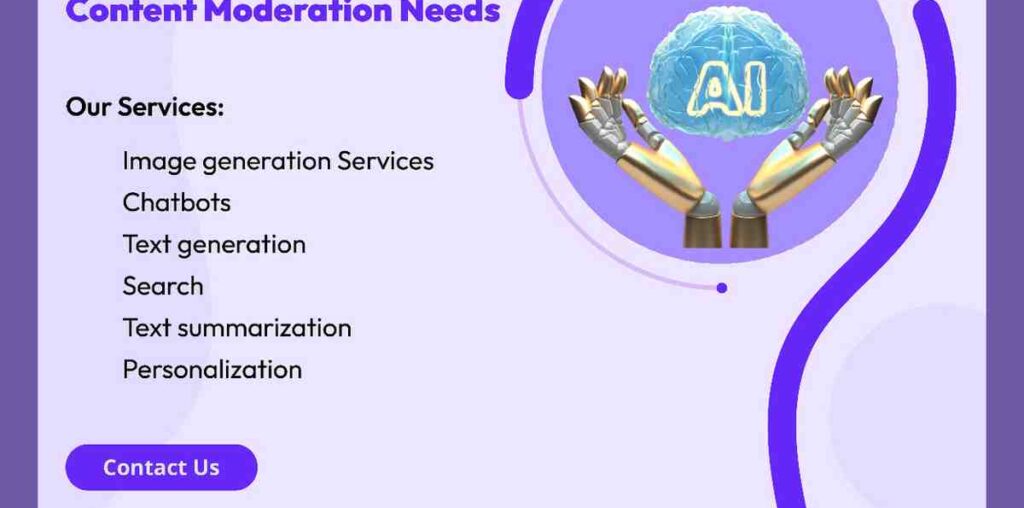Introduction to Generative AI in Marketing
Welcome to the exciting world of Generative AI in Marketing! Imagine a tool that can create compelling content, realistic images, and personalized experiences with just a few lines of code. Generative AI is revolutionizing the way businesses connect with their audience, offering endless possibilities for creativity and innovation. In this blog post, we will delve into the capabilities, potential, challenges, best practices, case studies of successful implementation, and the future of Generative AI in Marketing. Get ready to explore how this cutting-edge technology is reshaping the marketing landscape!
Understanding Generative AI and Its Capabilities
Generative AI is a cutting-edge technology that holds immense potential in revolutionizing marketing strategies. Understanding its capabilities begins with grasping how it works – by learning patterns from vast amounts of data to create new, original content. Its ability to mimic human creativity and generate text, images, or even videos opens up endless possibilities for marketers.
One key capability of generative AI lies in personalization. By analyzing customer behavior and preferences, it can tailor content to specific individuals, enhancing engagement and driving conversions. Furthermore, generative AI enables marketers to automate content creation at scale, saving time and resources while maintaining quality.
Moreover, this technology facilitates dynamic A/B testing by generating multiple variations of creative’s for optimal performance. Harnessing the power of generative AI empowers marketers to stay ahead of the curve in an increasingly competitive landscape.
The Potential of Generative AI in Marketing
Generative AI in marketing opens up a world of endless possibilities. It enables businesses to create personalized content at scale, engaging customers on a whole new level. By analyzing vast amounts of data, generative AI can tailor messages to specific audiences, increasing relevance and driving conversion rates.
The potential lies in the ability to generate creative and compelling visuals, copy, and even product designs that resonate with consumers. This technology empowers marketers to experiment with different approaches quickly and efficiently without compromising quality. With generative AI, campaigns can be optimized in real-time based on consumer interactions and feedback.
Moreover, generative AI allows for hyper-personalization by understanding individual preferences and behaviors. This leads to more targeted advertising strategies that enhance customer experiences. As this technology continues to evolve, the possibilities for innovative marketing solutions are limitless.
Challenges and Ethical Considerations
Navigating the realm of Generative AI in marketing comes with its set of challenges and ethical considerations. As businesses harness the power of AI to create content, ensuring authenticity and originality poses a significant hurdle. Maintaining transparency about the use of AI-generated content is vital to uphold trust with consumers.
Moreover, issues related to data privacy and security arises when utilizing Generative AI for marketing purposes. Safeguarding sensitive information and adhering to data protection regulations are paramount in this digital landscape. Balancing personalization with consumer consent is crucial to avoid breaching privacy boundaries.
Ethical dilemmas may emerge when AI algorithms inadvertently propagate biases or stereotypes in generated content. Striving for inclusivity and diversity in all marketing initiatives becomes essential to mitigate these risks. Embracing ethical frameworks and continuously evaluating the impact of Generative AI on society are key steps towards responsible implementation in marketing strategies.
Best Practices for Implementing Generative AI in Marketing
Implementing generative AI in marketing requires careful planning and execution to reap its benefits effectively. One best practice is to start small by identifying specific areas where generative AI can enhance your marketing efforts. This could be content creation, personalized recommendations, or customer segmentation.
Another crucial practice is ensuring quality data inputs for the AI models to generate accurate and relevant outputs. Regularly monitoring and refining these models based on performance feedback is essential for ongoing success. Additionally, creating a cross-functional team involving data scientists, marketers, and IT professionals can ensure a holistic approach to implementing generative AI in marketing strategies.
Furthermore, establishing clear goals and KPIs upfront will help measure the impact of generative AI on your marketing campaigns accurately. It’s also vital to stay updated on industry trends and advancements in generative AI technology to remain competitive in the market. By following these best practices, businesses can leverage generative AI effectively for their marketing initiatives.”
Case Studies of Successful Implementation
Case Studies of Successful Implementation showcase the real-world impact of Generative AI in marketing. One notable example is how a global fashion brand utilized generative AI to personalize email campaigns. By analyzing customer data, the brand created tailored product recommendations that led to a significant increase in click-through rates and conversions.
Another interesting case involves a leading e-commerce platform that implemented Generative AI for content moderation services. This technology helped automatically filter out inappropriate user-generated content, enhancing the platform’s safety and user experience.
A travel company leveraged Generative AI for data labeling services to categorize and tag thousands of images efficiently. This streamlined their content management process, resulting in quicker search results for users.
These success stories highlight the diverse applications of Generative AI in different industries, demonstrating its potential to revolutionize marketing strategies and drive tangible results.
The Future of Generative AI in Marketing
As technology continues to advance at a rapid pace, the future of generative AI in marketing looks promising. With the ability to create personalized content at scale, businesses can engage with their customers in more meaningful ways. Imagine AI-powered chat bots responding to customer queries with human-like interactions, or generating dynamic product recommendations based on individual preferences.
In the coming years, we can expect to see even more innovative uses of generative AI in marketing strategies. From creating hyper-targeted advertisements to developing interactive storytelling experiences, the possibilities are endless. Brands that embrace this technology early on will have a competitive edge in capturing consumer attention and driving conversion rates.
However, as we look ahead, it’s essential for marketers to stay mindful of ethical considerations surrounding data privacy and algorithm biases. By prioritizing transparency and accountability in AI-driven campaigns, businesses can build trust with their audience while reaping the benefits of this cutting-edge technology.
The future holds immense potential for generative AI in revolutionizing how brands connect with consumers on a deeper level. Stay tuned for exciting developments in this ever-evolving landscape!
Conclusion
Generative AI in marketing is revolutionizing the way businesses interact with their target audience. By harnessing the power of artificial intelligence, companies can create personalized content at scale, engage customers more effectively, and stay ahead of the competition.
As technology continues to advance, the potential for generative AI in marketing is limitless. However, it’s crucial for businesses to navigate challenges and ethical considerations carefully. By following best practices and learning from successful case studies, organizations can leverage generative AI to drive growth and innovation.
The future of generative AI in marketing is bright. With continued advancements in machine learning algorithms and data processing capabilities, we can expect even more sophisticated applications that deliver unparalleled results for businesses worldwide. Embracing this technology will not only enhance customer experiences but also streamline operations and increase profitability.
Incorporating generative AI into marketing strategies is now more important than ever before. As businesses strive to connect with consumers on a deeper level and stand out in a crowded marketplace, leveraging generative AI services will be key to staying relevant and driving success in the digital age.

